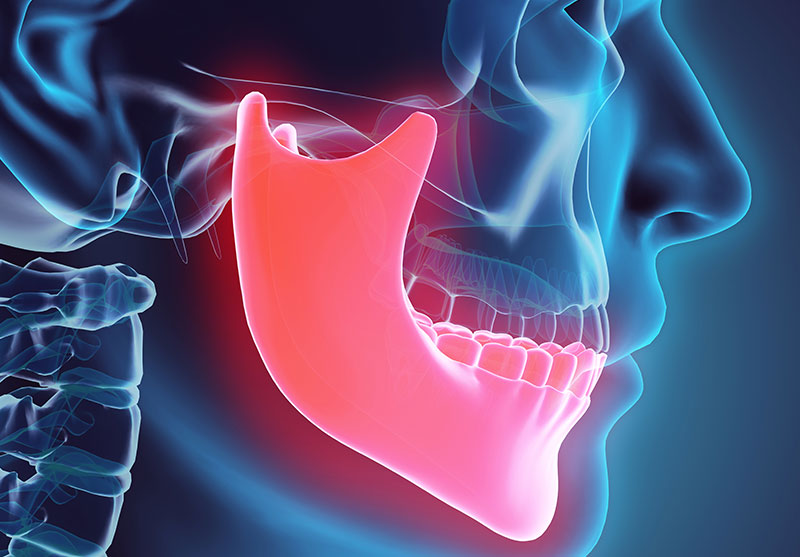- After Hours Dental Emergency Only
- 0425 774 930
- After Hours Dental Emergency
What is bruxism?
Bruxism refers to excessive teeth grinding or jaw clenching. It is a parafunctional activity in the mouth unrelated to normal functioning such as eating or talking. Bruxism is fairly common – up to 30% of people brux at some point in their lives. Symptoms commonly associated with bruxism include hypersensitive teeth, sore jaw muscles, headaches, tooth wear, and damage to dental restorations (e.g., broken crowns and fillings).
Bruxism may occur during sleep or during the day. Studies have shown that night bruxism generates greater amounts of force than day bruxism, causing more damage to the jaws, teeth and oral muscles.
Bruxism refers to excessive teeth grinding or jaw clenching. It is a parafunctional activity in the mouth unrelated to normal functioning such as eating or talking. Bruxism is fairly common – up to 30% of people brux at some point in their lives. Symptoms commonly associated with bruxism include hypersensitive teeth, sore jaw muscles, headaches, tooth wear, and damage to dental restorations (e.g., broken crowns and fillings). Bruxism may occur during sleep or during the day. Studies have shown that night bruxism generates greater amounts of force than day bruxism, causing more damage to the jaws, teeth and oral muscles.
The cause of bruxism is not clear, but it is generally accepted to have multiple possible causes. Bruxism could be related to stress, anxiety or some medications. Sleep disorders, such as obstructive sleep apnoea, are also commonly associated with bruxism at night. Other risk factors including smoking, alcohol consumption, and high levels of caffeine consumption may also contribute to teeth grinding.
Bruxism can cause significant tooth wear when it is severe, and sometimes dental restorations (crowns, fillings etc.) are repeatedly damaged or lost due to the excessive forces placed on them. Dental implants, dental ceramics such as crowns and bridgework are relatively more complex in bruxists.
At [ Dental Practice ], prevention of tooth wear can be done through the use of an occlusal splint, which is a custom-made guard worn during sleep that provides protection for your teeth from wear and pressure.
Without treating bruxism, often the sensation of waking up with sore jaws will continue or worsen over time. Other symptoms such as earache, headaches and neck stillness may present. Breakage of teeth or dental restorations due to bruxism can put you at a greater risk of developing dental infection, facial pain, jaw problems, and chronic headache or neck pain. As such, the sooner we manage your bruxism issue, the better your oral health and quality of life will be.

Our highly professional team offers a range of dental procedures to help keep your smile perfect. Specialised treatments including root canal therapy, Invisalign, crowns and tooth extractions are available.
We service Toowoomba and its neighbouring suburbs which includes but not limited to: Newtown, North Toowoomba, East Toowoomba, Harristown, South Toowoomba and Rockville.
We service Pittsworth and its neighbouring suburbs which includes but not limited to: Springside, Stoneleigh, Linthorpe, Yarranlea, Broxburn, Scrubby Mountain, North Branch and Felton.
© Copyright The Avenue Dental 2025 | Hosted by Inspyred Technologies